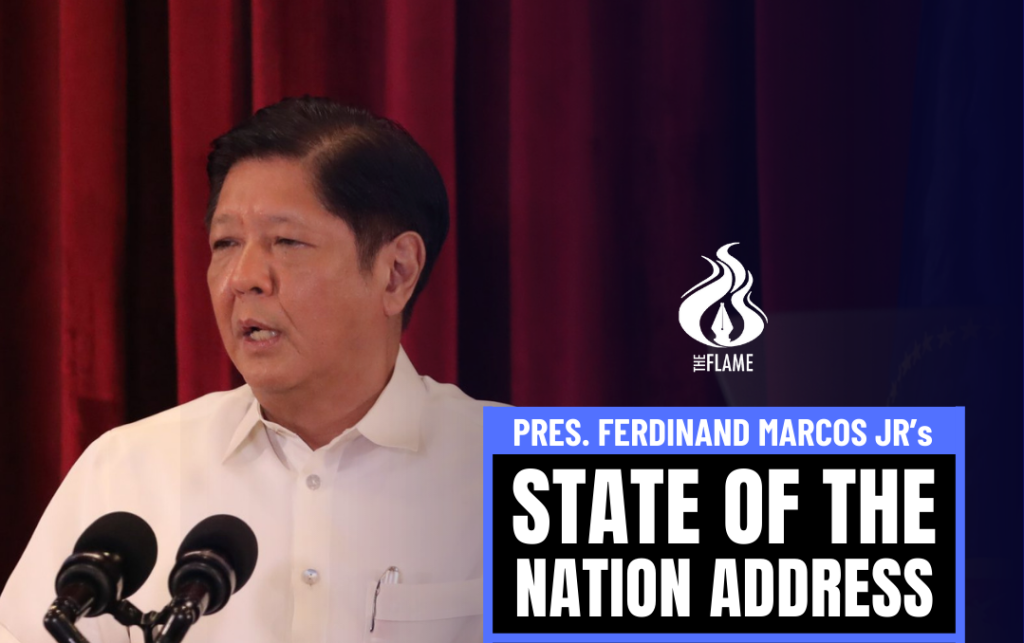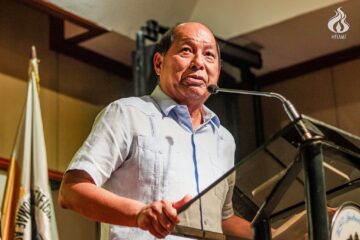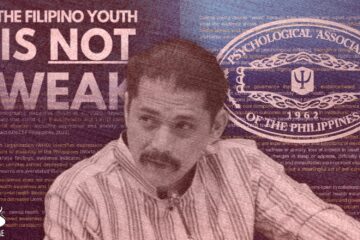
PRESIDENT FERDINAND Marcos Jr. has called for the full digital transformation of government services to combat graft and corruption while improving the transaction experience of Filipinos.
In his second State of the Nation Address on Monday, July 24, Marcos said that shifting to full digitalization would boost the efficiency of government offices and serve consumers better since many transactions are now done online.
“Digitalization will support the government’s data-driven and science-based planning and decision-making. It is the greatest and most powerful tool, not just to improve ease of doing business, but also against many forms of graft and corruption,” Marcos said.
“Government must fully embrace digitalization to provide better service to the people through its vital frontline services and its back-end functions,” he added.
All key government services, Marcos said, will be consolidated into the administration’s recently launched eGov PH app, which integrates various government services in one platform.
He added that the application would make use of the Philippine Identification System (PhilSys) to establish the national government portal and the Philippine Business Databank, a search engine for the country’s registered businesses.
“Data shows that digitalization, in conjunction with [the] government’s streamlining efforts, has significantly boosted efficiency. Notable examples are in the areas of government payments, company and business registrations, issuance of permits and licenses, loan applications, and revenue collection,” Marcos said.
“With our e-commerce roadmap firmly in place, we are poised to take this digitalization drive further and beyond, utilizing e-commerce to take full advantage of new technologies,” he added.
The president described the digitalization of government services as “life-changing,” saying integrating PhilSys in the application would help provide an accurate and reliable digital database of the country’s population.
Digital users and consumers would be protected from online scams through safeguard systems, Marcos said, noting the SIM Registration Act which aims to reduce cybercrimes.
Government agencies will also undertake training for their staff to ease the transition for those whose jobs would be affected by digitalization, he said.
“Digitalization is the call of today; not of the future—but of the present. It is here. It is needed, and it is needed today.”
Among Marcos’ eight-point socioeconomic agenda is enhancing bureaucratic efficiency through the digitalization of government processes and operations, according to the Department of Budget and Management’s press release in December 2022.
Last January, Malacañang said in its year-end report that the Marcos administration would transform government services this year to ensure responsiveness and accessibility to the public. F – M.M. Lizarte and C. Asajar



